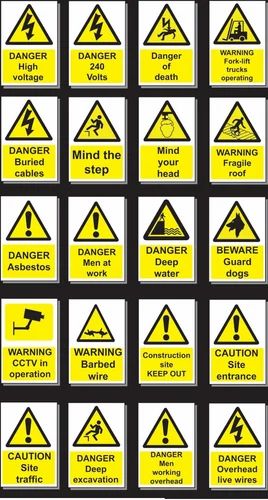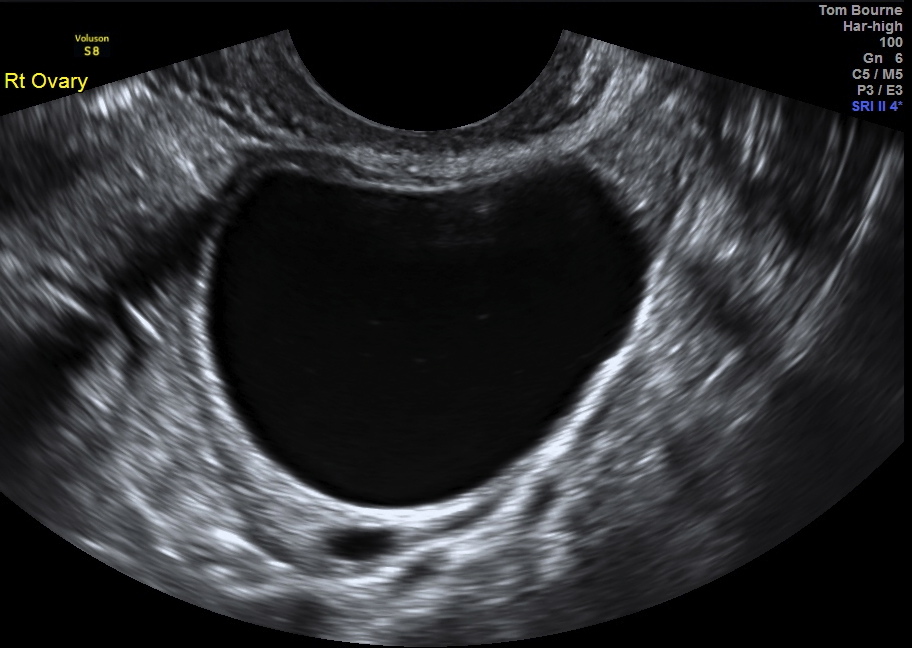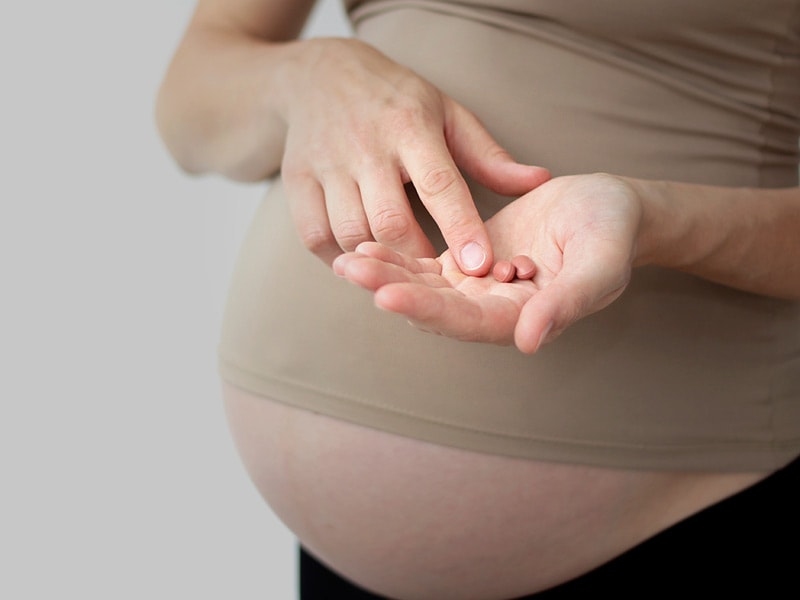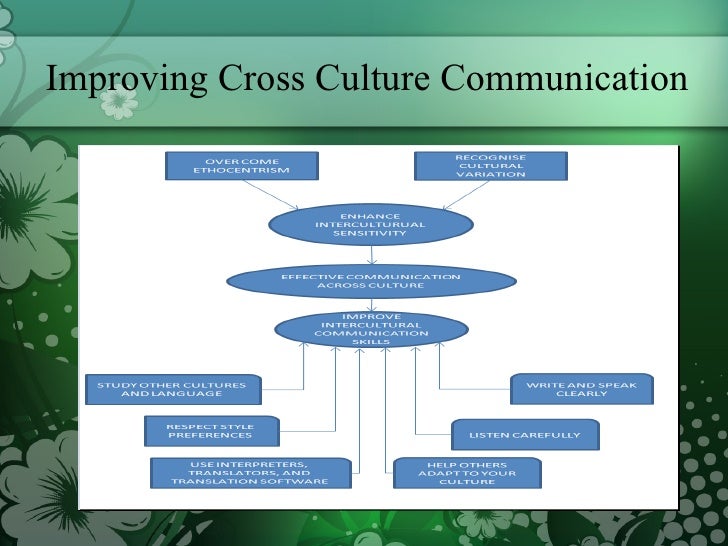Week 5 pregnancy signs and symptoms
5 Weeks Pregnant | Pregnancy
When you're pregnant, you have lots of questions. Our week-by-week pregnancy guide is packed with lots of useful information. From what's happening inside your body, to how your baby is developing, and tips and advice on having a healthy pregnancy – this is your one-stop pregnancy guide!
- 1st trimester
- 2nd trimester
- 3rd trimester
Our week-by-week pregnancy guide is full of essential information. From early pregnancy symptoms to how your baby is growing and developing, you' ll find it all here.
- Week 4
- Week 5
- Week 6
- Week 7
- Week 8
- Week 9
- Week 10
- Week 11
- Week 12
To the outside world, you'll look much the same as usual – but on the inside, some amazing things are happening.
What's happening in my body?
Your baby's nervous system is developing, and the brain and spinal cord are taking shape. The tiny heart is starting to form and will beat for the first time around now.
Many women realise that they're pregnant around week 5. You might notice that your period is late, and you may feel a bit under the weather. If you're wondering when to take a pregnancy test, now is a good time as they are sensitive to changes in your urine from week 3 or 4 onwards.
Finding out that you are pregnant can be exciting, but it's normal to have worries too. More than 1 in 10 mums feel anxious during pregnancy. Try not to keep your worries to yourself – talk to your midwife or doctor. You could also try doing some relaxing breathing exercises.
Food cravings
Are you getting food cravings? Some people do, some don't. Pregnancy cravings are caused by hormonal changes affecting your senses of taste and smell. Try to eat a balanced healthy diet.
If you have any unusual cravings, like wanting to eat dirt, talk to your midwife or doctor, as you may have a condition called pica which is caused by a lack of iron.
Early pregnancy symptoms (at 5 weeks)
It's still early days, and many women won't know they're pregnant at 5 weeks. Not everyone has regular menstrual cycles, so you may not realise that your period is late. You might notice some light bleeding, and think it's your period, but it can also be a sign of implantation bleeding (when an embryo attaches to the lining of the womb).
In the 1st trimester, many women feel extreme tiredness. Other early signs of pregnancy can include:
- a metallic taste in your mouth
- sore breasts
- nausea - also known as "morning sickness", although you can experience it at any time (read about morning sickness in week 6)
- mood swings (week 8's page has information on mood swings)
- new food likes and dislikes
- a heightened sense of smell
- needing to pee more frequently
- a milky white pregnancy discharge from your vagina
- light spotting (see your doctor if you get bleeding in pregnancy)
- cramping, a bit like period pains
- darkened skin on your face or brown patches – this is known as chloasma faciei or the "mask of pregnancy"
- thicker and shinier hair
- bloating (read about bloating on week 16's page)
Read Tommy's guide to common pregnancy symptoms.
What does my baby look like?
Your baby, or embryo, is around 2mm long (about the size of a sesame seed). The face is starting to take shape, with a tiny nose and little eyes which stay closed until around 28 weeks. Your baby's brain and spinal cord are forming rapidly inside you.
Your baby already has some of its own blood vessels and a string of them will make up the umbilical cord. This cord delivers everything it needs from the placenta. The placenta, which is being created now, will give your baby nutrients and oxygen, while removing waste products.
Action stations
The advice for week 5 is the same as for week 4 - basically keep up the good work looking after yourself!
In particular:
Share the news with your GP or ask for an appointment with a midwife at your doctors' surgery. Alternatively you can refer yourself to your local hospital – look for contact details on their website.
You'll need to arrange a booking appointment.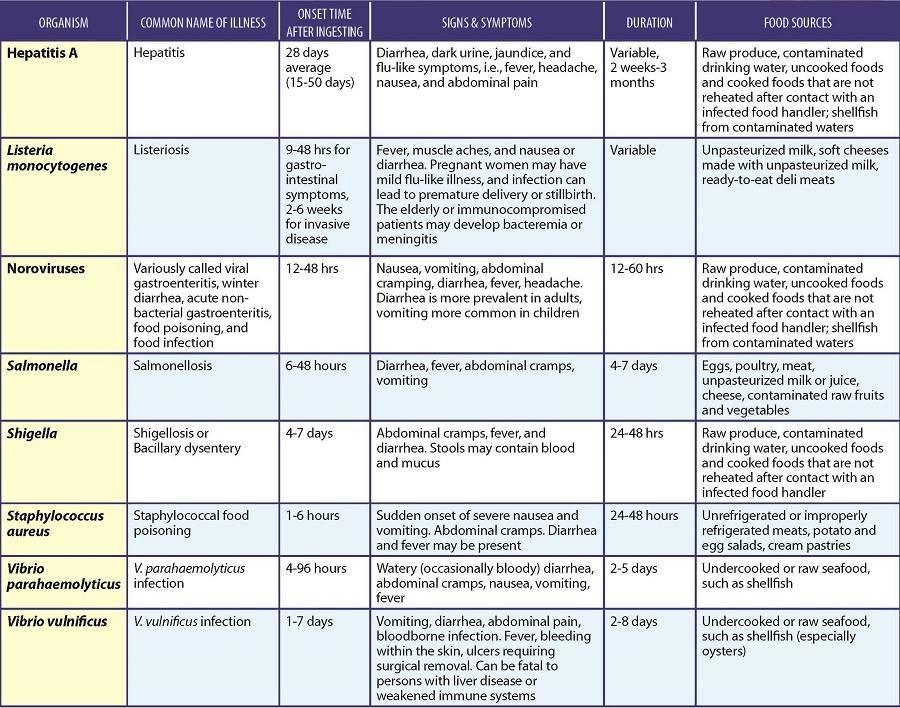 This usually takes place between weeks 8 and 12 and takes around an hour. You can talk about the options for your pregnancy and the birth. You will also be offered screening tests for infectious diseases and conditions such as Down's syndrome. Now is a good time to ask about the Maternity Transformation Programme and how it could benefit you.
This usually takes place between weeks 8 and 12 and takes around an hour. You can talk about the options for your pregnancy and the birth. You will also be offered screening tests for infectious diseases and conditions such as Down's syndrome. Now is a good time to ask about the Maternity Transformation Programme and how it could benefit you.
You will be offered your first dating scan at 8 to 14 weeks.
If it's your first pregnancy, you will probably have around 10 appointments and 2 scans in total.
Ask your midwife or doctor about online antenatal classes – they may be able to recommend one. The charity Tommy's has lots of useful information on antenatal classes and preparing you for birth.
Antenatal classes will give you the chance to meet other people and prepare you for parenthood. The NCT offers online antenatal classes with small groups of people that live locally to you.
Take prenatal vitamins. You're advised to take 400 micrograms of folic acid, every day, until at least week 12. This helps your baby's nervous system to form and offers some protection from conditions such as spina bifida.
This helps your baby's nervous system to form and offers some protection from conditions such as spina bifida.
To keep bones and muscles healthy, we need vitamin D. From late March/early April to the end of September, most people make enough vitamin D from sunlight on their skin. However, between October and early March, consider taking a daily vitamin D supplement because we cannot make enough from sunlight.
Some people should take a vitamin D supplement all year round, find out if this applies to you on the NHS website. You just need 10 micrograms (it's the same for grown-ups and kids). Check if you're entitled to free vitamins.
Do you think you or your partner could have a sexually transmitted infection (STI)? If so, get it checked out, as this could affect your baby's development. Talk to your midwife or GP, or visit a sexual health clinic.
It's recommended that you do 150 minutes of exercise a week while pregnant. You could start off with just 10 minutes of daily exercise - perhaps take a brisk walk outside. Check out Sport England's #StayInWorkOut online exercises (scroll to the pregnancy section). Listen to your body and do what feels right for you.
Check out Sport England's #StayInWorkOut online exercises (scroll to the pregnancy section). Listen to your body and do what feels right for you.
There's no need to eat for 2. If you pile on the pounds, you could put you and your baby at risk of health problems such as high blood pressure. Eat healthily, with plenty of fresh fruit and veg, and avoid processed, fatty and salty foods. You may be able to get free milk, fruit and veg through the Healthy Start scheme.
If you have a long-term health condition, then let your specialist or GP know that you're pregnant as soon as possible. Don't stop taking any regular medication without discussing it first with your doctor.
How are you today? If you're feeling anxious or low, then talk to your midwife or doctor who can point you in the right direction to get all the support that you need.
You could also discuss your worries with your partner, friends and family. You may be worried about your relationship, or money, or having somewhere permanent to live.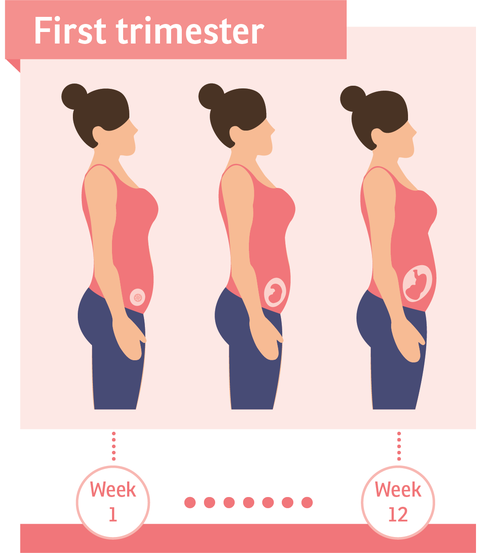 Don't keep it to yourself. It's important to ask for help if you need it.
Don't keep it to yourself. It's important to ask for help if you need it.
You and your family should follow the government and NHS guidance on coronavirus (COVID-19):
To find out about about COVID-19 and pregnancy, childbirth and breastfeeding, have a look at advice on the:
Go back to week 4
Go to week 6
5 Weeks Pregnant: Symptoms and Baby Development
5 Weeks Pregnant: Your Baby's Development
Even though you’re just five weeks pregnant, lots of changes are taking place. The placenta and the beginnings of the umbilical cord are developing in order to channel essential nutrients and oxygen from your body to the embryo. These nutrients, like calcium, folic acid, and other vitamins, all play a vital role in healthy development.
This week, the neural tube continues to develop; it will eventually become the spinal column and the brain. At this point, taking at least 400 micrograms of folic acid every day is a great way to support your baby’s healthy growth and development and reduce the risk of neural tube disorders.
Your baby's heart will develop from what is now just a bulge in the middle of the embryo, and the heartbeat itself may be detected as early as the sixth week of pregnancy.
These nutrients, like calcium, folic acid, and other vitamins, all play a vital role in healthy development.
This week, the neural tube continues to develop; it will eventually become the spinal column and the brain. At this point, taking at least 400 micrograms of folic acid every day is a great way to support your baby’s healthy growth and development and reduce the risk of neural tube disorders.
Your baby's heart will develop from what is now just a bulge in the middle of the embryo, and the heartbeat itself may be detected as early as the sixth week of pregnancy.
The Size of the Embryo at 5 Weeks Pregnant
At five weeks the embryo is still very small but growing quickly! Picture a small orange seed or a grain of rice. At this stage, your little one could be between 0.05 and 0.10 inches long, with a shape similar to that of a tiny tadpole.
Take a look at this visual for an idea of all the things that are happening to make your uterus a comfortable home for your baby during your pregnancy.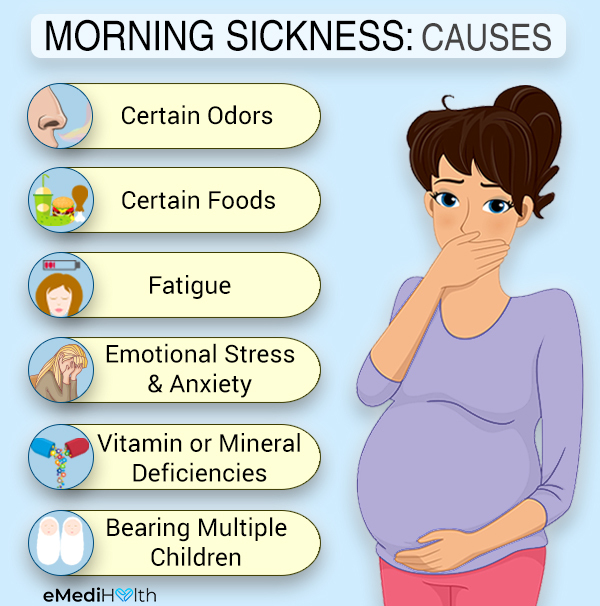
Mom's Body at 5 Weeks Pregnant
How do you feel knowing that you’re pregnant? If you’ve been trying to conceive for a while, you’re probably ecstatic. Whether you’ve been planning for this, it’s come as a beautiful surprise, or it’s all a bit of a shock, it’s natural to feel a range of other emotions like nervousness, happiness, hope, and wonder.
You may also find yourself wondering about all the changes in store and when you may be able to meet your little one. Try our Due Date Calculator to find out!
Some symptoms you may notice at five weeks pregnant include fatigue, nausea, and tender breasts, and they're all quite common.
You might like to read up on the pregnancy hormone hCG as it plays an important role in pregnancy.
Treat your hard-working body to a break by soaking in a warm bath, listening to some soothing music, or taking a nap.
You can also give yourself a boost and get your little one off to a great start by adopting healthier habits, starting with quitting smoking and eliminating alcoholic beverages.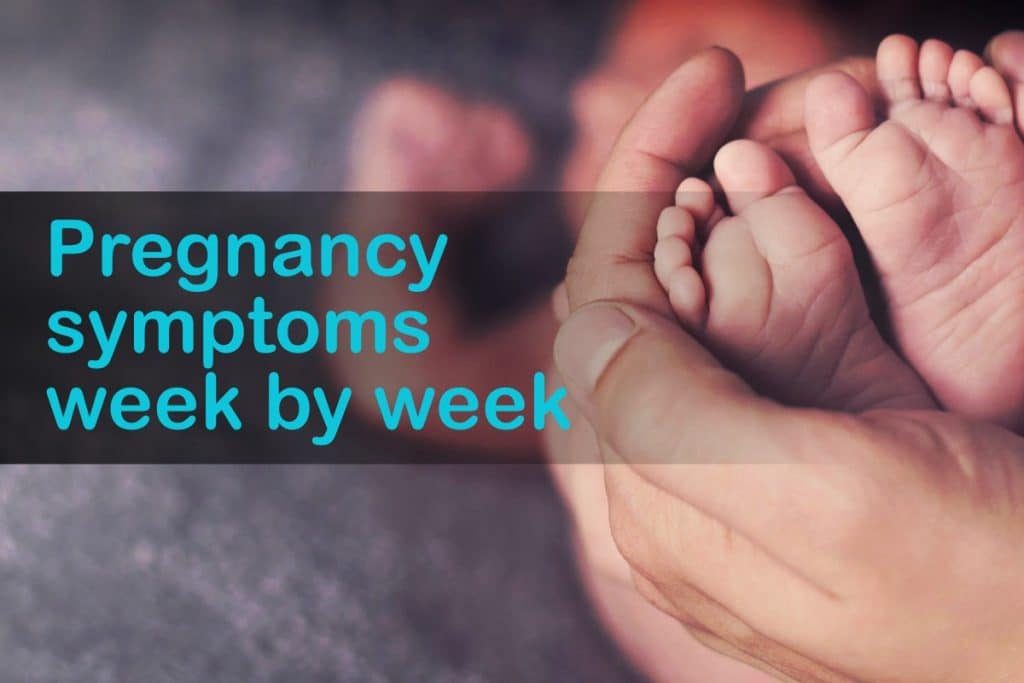 Talk to your healthcare provider about how to include moderate exercise in your pregnancy, and keep taking any prenatal vitamins your healthcare provider recommends or prescribes.
Talk to your healthcare provider about how to include moderate exercise in your pregnancy, and keep taking any prenatal vitamins your healthcare provider recommends or prescribes.
5 Weeks Pregnant: Your Symptoms
Although every mom-to-be is unique, these are some of the symptoms you may be experiencing at five weeks pregnant:
Morning sickness. Some women start to experience morning sickness at five weeks pregnant. Unpleasant, nauseous feelings can happen in the morning, evening, or all day long, and many women will also throw up. To deal with morning sickness, drink enough fluids to prevent dehydration and avoid any greasy, spicy, or fatty foods that may trigger your bouts of nausea. Many women with morning sickness benefit from eating small meals and snacks frequently.
Light bleeding or spotting. It’s common to see some spotting at five weeks pregnant, but there should be no more than a few drops of blood — not even enough to cover a small pantyliner.
 This is likely just implantation bleeding, but you’ll want to mention it to your doctor so that he or she can rule out complications. If you see a lot of blood, if the spotting lasts longer than two days, or you have any concerns, see your doctor right away.
This is likely just implantation bleeding, but you’ll want to mention it to your doctor so that he or she can rule out complications. If you see a lot of blood, if the spotting lasts longer than two days, or you have any concerns, see your doctor right away.
Breast tenderness. Around five weeks pregnant, a surge of hormones might cause your breasts to ache as they continue to stretch and grow in preparation for breastfeeding.
Frequent urination. The urgent need to pee can strike any time, especially as your kidneys are starting to have extra fluid to process, thanks to the increasing volume of blood in your body. Although this symptom can be annoying, it’s also completely normal.
Fatigue. Don’t be surprised if you feel completely wiped out. Your body is dealing with an increase in levels of progesterone, which can leave you feeling more tired than usual. Avoiding caffeine and vigorous activity before bed can help you sleep better at night.
 Try to keep your daily schedule regular, but also try not to overschedule yourself. It's important to find a healthy balance between your daily activities and rest time. And don't feel guilty about taking time to rest or nap when you need it. You'll be doing yourself and your little one a big favor by getting as much rest as you can now.
Try to keep your daily schedule regular, but also try not to overschedule yourself. It's important to find a healthy balance between your daily activities and rest time. And don't feel guilty about taking time to rest or nap when you need it. You'll be doing yourself and your little one a big favor by getting as much rest as you can now.
Mood swings. Happy one moment, crying the next? Mood swings are common when you're pregnant, and for some women they feel like PMS at its worst. It may help to find some ways to distract yourself when an unpleasant mood interferes with your normal routine. Try going for a walk or listening to music, for example.
Acne. Hormonal changes may be to blame for any pregnancy-related acne you are experiencing. Read up on how you can combat some of those spots and blemishes in our article on pregnancy acne, and remember that it’s just one of those pesky pregnancy that should clear once your baby is born.
Mild or no symptoms.
 What if, at five weeks pregnant, you are symptom-free? It’s not unusual for women to feel and look completely normal at this stage, or for certain symptoms to come and go. As for that five weeks pregnant belly, it may appear unchanged, or it may be looking and feeling bloated. If you’ve got severe morning sickness, you may even lose a little bit of weight during the first trimester. Be sure to talk to your healthcare provider if you have questions about the changes that are taking place, or if the lack of any symptoms has you feeling uneasy.
What if, at five weeks pregnant, you are symptom-free? It’s not unusual for women to feel and look completely normal at this stage, or for certain symptoms to come and go. As for that five weeks pregnant belly, it may appear unchanged, or it may be looking and feeling bloated. If you’ve got severe morning sickness, you may even lose a little bit of weight during the first trimester. Be sure to talk to your healthcare provider if you have questions about the changes that are taking place, or if the lack of any symptoms has you feeling uneasy.
If this is not your first pregnancy, read up on how the symptoms of this second (or subsequent) pregnancy may be different to your first.
5 Weeks Pregnant: Things to Consider
If you haven’t yet told your partner you’re pregnant yet, and you’re looking for fun ways to surprise him, check out these cute and creative ways to tell your partner he’s about to become a parent.

Give some thought to what you're eating, making sure that you're consuming a variety of healthy foods. Avoid fish that could contain high levels of mercury — like shark, swordfish, and mackerel — and skip any food that’s uncooked or unpasteurized. You'll also want to avoid things like sushi made with raw fish and oysters, as well as soft cheeses like Brie and feta. These items can cause food-borne illnesses that can affect you and your little one. Read up on all the foods to avoid eating when pregnant.
Curious about other early signs and symptoms of pregnancy? Try our Early Signs of Pregnancy quiz to learn more.
Think about whether to share the news that you’re five weeks along with family and friends. Some people prefer to wait until the end of the first trimester when the risk of miscarriage drops significantly. Others tell at least a select few the moment they’ve got a positive pregnancy test in hand.
Have a cat? Now is the time to get someone else to take care of the litter box so that you can stay clear of toxoplasmosis, an infection that can harm unborn babies.

Download our Pregnancy Guide to learn more about what to look forward to over the coming weeks and months. Our guide covers everything from nutrition and weight gain to all the questions you'll want to ask your healthcare provider.
If this is your first pregnancy you might like to read up on the trimesters of pregnancy so that you know more about what’s to come in the coming months.
Start a journal. It’s normal to feel a range of different emotions as you adjust to the idea that you are pregnant. Whether it’s something you’ve been hoping for for a long time, or come as a bit of a surprise, your feelings about it may be different to what you had expected. And, they may even change from one day to the next! Writing in a journal is one way to get your inner-most thoughts and feelings out of your system and journaling can help you navigate the emotional highs and lows of early pregnancy.
Although you won’t be showing just yet, you may want to start a month-by-month baby bump photoshoot using our free downloadable bump to baby monthly milestone cards.
 You can either save the photos as a private keepsake or share the images on social media (once you’re ready to share news of your pregnancy). In the years to come, you’ll love to look back on how your bump grew during your pregnancy, and your little one will also love to see his first “home.”
You can either save the photos as a private keepsake or share the images on social media (once you’re ready to share news of your pregnancy). In the years to come, you’ll love to look back on how your bump grew during your pregnancy, and your little one will also love to see his first “home.”
5 Weeks Pregnant: Ask Your Doctor
Your prenatal visits are usually scheduled about once a month until the last two months of your pregnancy, when they will become more frequent. These regular checkups give you the perfect opportunity to ask questions and bring up concerns.
Are there any possible risks for your pregnancy based on your health, age, or family history?
What should you do if you notice slight bleeding at this stage of pregnancy?
What is normal pregnancy discharge?
How often should you see your healthcare provider during your pregnancy?
How far along are you and when is your due date?
5 Weeks Pregnant: Your Checklist
Read up on how to choose a prenatal care provider– that is unless you already have one.
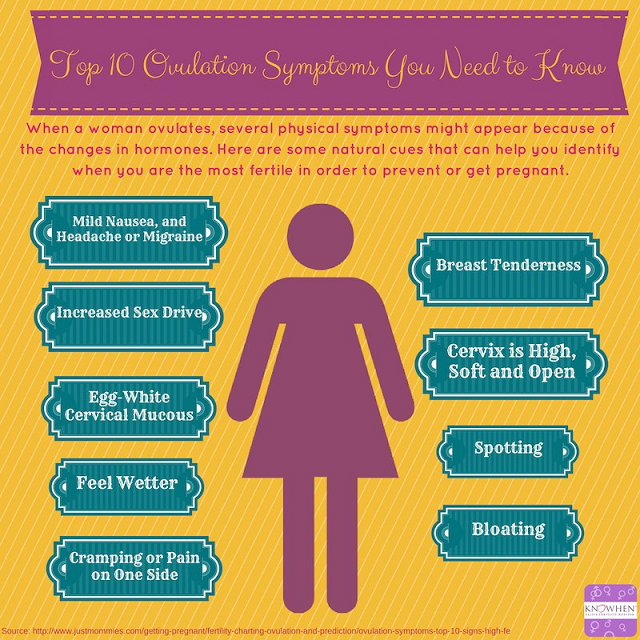
Schedule your first prenatal appointment. Your healthcare provider will be able to fill you on the specifics of your care, but you can read up on prenatal care to get a general idea of what’s coming.
Find out who to call if your healthcare provider is unavailable or if it’s after hours and you have a medical concern.
Save your provider’s number to your phone and have emergency contact numbers stuck on your fridge and saved to your contact list, too.
Be ready to feel anxious or excited, worried or ecstatic — all normal reactions to becoming pregnant.
Soothe any cramps and backaches with a warm bath or a nap.
Cut out smoking and alcohol, if you haven't already.
Although rare, it’s a good idea to read up on the signs and symptoms of an ectopic pregnancy just in case.
Sign up for even more weekly pregnancy tips:
5th week of pregnancy - what happens, sensations, signs and symptoms of pregnancy at the fifth week, discharge
WHAT IS HAPPENING
Now the body of the embryo has a C-shape, but it is already possible to visually determine where the head, arms, legs, tummy, back and buttocks will be.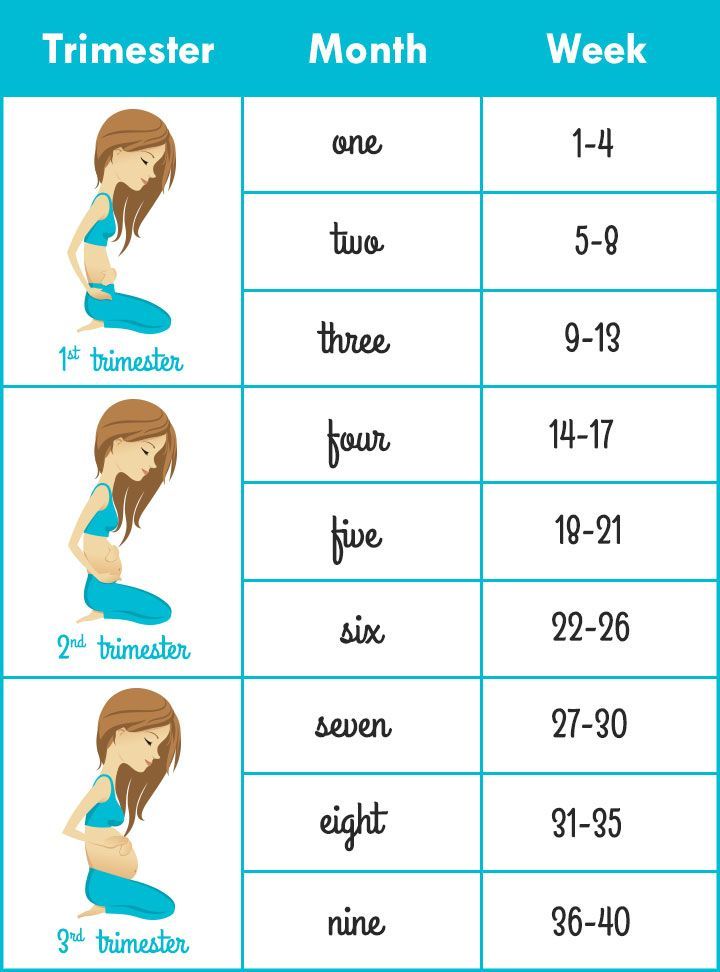
At the 5th week of pregnancy, the upper respiratory tract and the heart of the little man begin to form. Moreover, since the middle of this week, a tiny heart is slowly starting to work. At first, the contractions will be irregular, but after three days the heartbeat will become rhythmic.
At this time, the first blood cells are formed, blood vessels are gradually formed, the liver and pancreas begin to form.
Also at the 5th week of pregnancy, the middle section of the neural tube partially closes. Subsequently, the child's central nervous system will develop from it, so it is very important to continue taking folic acid daily.
During this week, the skeleton, urinary system and intestines begin to form.
YOUR WELL FEELING
Outwardly, your body does not change in any way. And even if you have already realized that you are pregnant, it is not yet noticeable to others.
At the 5th week, your next menstrual cycle is delayed. If it was regular, the sudden cessation of menstruation may be the first sign that you are "in the position."
If it was regular, the sudden cessation of menstruation may be the first sign that you are "in the position."
Here are some other pregnancy symptoms.
NAUSEA
It usually appears in the morning, and in the afternoon it can intensify. In some women, the nausea becomes so severe that it develops into uncontrollable vomiting. To date, there is no one hundred percent effective remedy for this unpleasant condition. And so that toxicosis spoils your life as little as possible, try following a few recommendations:
- Eat more often, but in small portions;
- Avoid foods that smell bad to you;
- Eat foods high in protein;
- Drink plenty of fluids to avoid dehydration;
- Rest more often;
- Avoid stressful situations.
FOOD WHAT
During this period, all "pre-pregnancy" habits and addictions are turned upside down. The product that you previously hated becomes your favorite, and what you enjoyed in the past is now disgusting. And if you suddenly want to eat something delicious, it should happen as soon as possible, right here and now. Get used to it! Until your baby is born, this will be the norm.
And if you suddenly want to eat something delicious, it should happen as soon as possible, right here and now. Get used to it! Until your baby is born, this will be the norm.
INCREASED APPETITE
By itself, an increased appetite for a certain product is not yet an indicator of pregnancy, but if it is combined with other signs, you are probably expecting a baby.
INCREASED URINATION
This can continue throughout pregnancy and escalate just before childbirth. No wonder, because the uterus is greatly enlarged and presses on the bladder.
FATIGUE AND WEAKNESS
The body adapts to new circumstances. Therefore, at some moments you feel that you are tired as never before. A full night and daytime sleep helps to cope with this condition.
HEADACHES
At the 5th week of pregnancy, the head may often hurt, but by the end of this period, the pain disappears, because the body finishes its adaptation.
EMOTIONAL DISORDER
Hormonal changes are in full swing in the body right now, so you can become irritable, moody, inattentive and incapable of concentration. These are temporary phenomena, and when the body "gets used" to its new state, well-being will definitely improve.
These are temporary phenomena, and when the body "gets used" to its new state, well-being will definitely improve.
RISK FACTORS
If you are worried about constant pulling pains in the lower abdomen, similar to those that you felt on the eve of menstruation, this may signal an increased tone of the uterus. However, sometimes these symptoms are associated with bowel dysfunction - in this case, they appear after squeezing the abdomen or sitting for a long time. Discuss the problem with the doctor: if it is really related to digestion, the specialist will prescribe a safe antispasmodic and help you make the right diet.
But when brownish-bloody "smearing", profuse bleeding or discharge with clots are added to the pulling stomach, there is a possibility that a spontaneous abortion has occurred. The causes of miscarriage can be very different: from a common cold (a temperature of 38 degrees and above is very dangerous) to some abnormalities in the development of the embryo.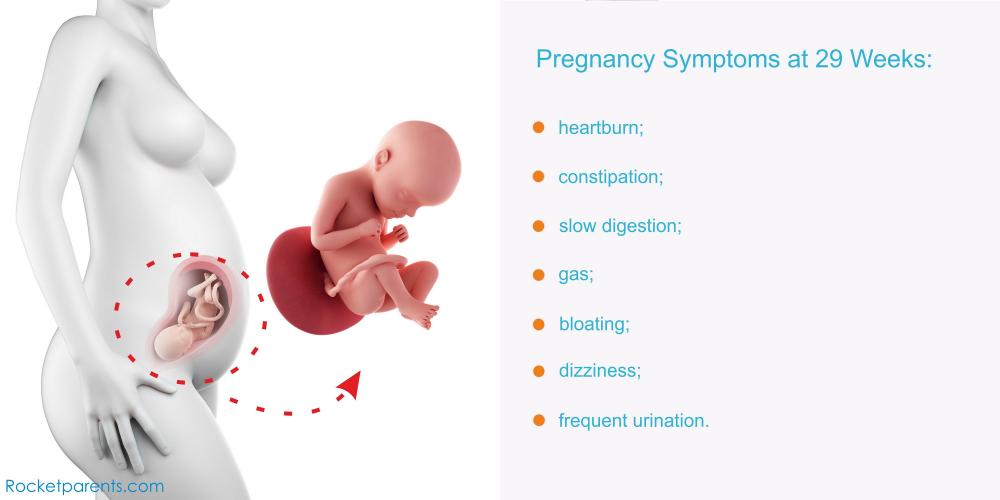
In addition, at the 5th week, a frozen pregnancy is possible, when the embryo stops developing and dies in the womb. In this case, weak spotting appears, and soreness is felt in the abdomen. To establish the fact of a missed pregnancy, it is necessary to do an ultrasound.
Also at this time, some women develop herpetic eruptions on the mucous membrane of the lips. If this is not the first time you have had such rashes, at the moment herpes is not dangerous for the fetus: your immunity will protect the unborn child.
POWER
The main rule for the 5th week of pregnancy is to eat whatever you want, but without overeating. The best option is frequent and fractional meals. Even if there is no appetite, you still need to eat, because your baby needs nutrients. Try to eat what is the least disgusting right now. With a product you like, the feeling of nausea can disappear, and real hunger wakes up instead. And do not forget that the diet should be balanced, and not consist only of new food addictions.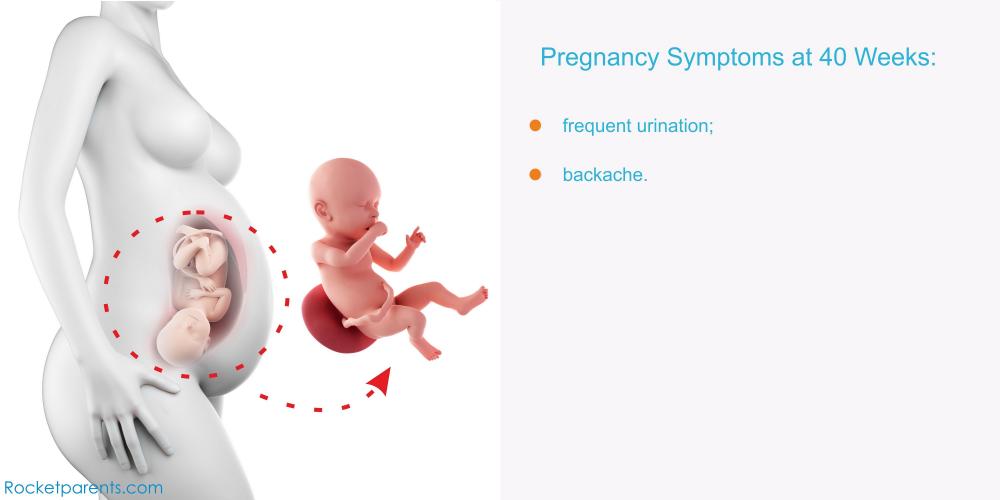
During this period, it is recommended to refuse:
- Raw shellfish;
- Pates;
- Raw eggs;
- Unpasteurized milk;
- Meat, uncooked;
- Soft cheeses (camembert, brie, roquefort, feta, etc.).
MEDICAL SUPERVISION
The 5th week is the very period when there are reasons to suspect that you are pregnant. This means that medical supervision is required.
If you become pregnant while taking oral contraceptives, be sure to tell your doctor. Are you still not sure about your "interesting position"? Anyway, stop taking the pills and go to the gynecologist.
A pregnancy that occurs with an intrauterine device often ends in a miscarriage. See a doctor as soon as possible to urgently remove the coil.
For a period of 5 weeks, ultrasound is usually not done. However, if you need to confirm the "diagnosis" or exclude the possibility of an ectopic pregnancy, an unscheduled ultrasound is performed.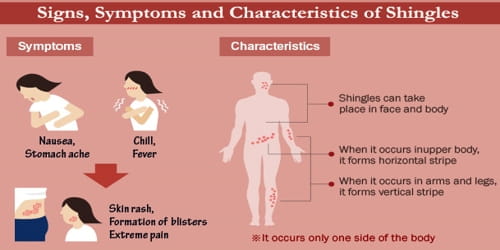 An ultrasound scan will show how many fetuses develop in the mother's womb and where exactly they are fixed. Also, the specialist will assess the condition of the uterus. So far, neither the weight nor the estimated gender of the unborn child can be determined: your baby is still too small. But by the end of the 5th week of pregnancy, you will be able to hear your baby's heart and even see how it beats on the screen.
An ultrasound scan will show how many fetuses develop in the mother's womb and where exactly they are fixed. Also, the specialist will assess the condition of the uterus. So far, neither the weight nor the estimated gender of the unborn child can be determined: your baby is still too small. But by the end of the 5th week of pregnancy, you will be able to hear your baby's heart and even see how it beats on the screen.
2nd month of pregnancy
How does pregnancy develop week by week in the second month, and what signs and sensations appear?
Pregnancy and childbirthDigestion during pregnancy
Pregnancy and childbirthEating Right During Pregnancy
How to create a healthy diet for a pregnant woman, what vitamins should be present in the diet, how much liquid should be drunk, what drinks to prefer and what to avoid, what foods are considered harmful for pregnant women and how to keep weight under control while staying in a good mood.
Benefits of Vitamins and Minerals
Putting order in our knowledge about what vitamins and minerals and in what quantity are necessary for the health of the child, and what foods contain them.
Pregnancy and childbirthHow to improve digestion during pregnancy
How to improve digestion, how to adjust the diet and diet and lifestyle.
5th week of pregnancy: signs, sensations, size and development of the fetus
PreviousNext
Now ultrasound already shows the heartbeat of the embryo, its eyes and ears are being formed. Small outgrowths begin to appear on each side, which will eventually become your baby's arms and legs.
At the 5th week of pregnancy, you may have suspicions that something is happening. Your period didn't come when you expected it, and you're at least a week late.
You may even feel different than usual, but you can write it off as imagination. If you haven't done a pregnancy test yet, now is the time. Remember that it is best to take the test immediately after waking up, when the level of pregnancy hormone (hCG) will be maximum.
Some women never visit an antenatal clinic during the first trimester, but it is better not to do so. If you contact your doctor now, he will be able to calculate the planned date of delivery. You can also calculate it using an online calculator, indicating the first day of the last menstruation. The countdown has officially begun!
Early symptoms of pregnancy are fairly standard. For example, a future mother develops nausea and more often wants to go to the toilet, many women say that at that time they were a little "not in themselves".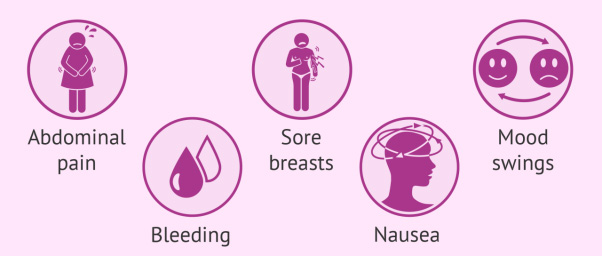 Even your partner may notice that you are more melancholic than usual. Despite the fact that outwardly you have not changed at all, now you are officially 2 months pregnant, and there are only 7 of them left!
Even your partner may notice that you are more melancholic than usual. Despite the fact that outwardly you have not changed at all, now you are officially 2 months pregnant, and there are only 7 of them left!
Physical changes this week
-
You may be feeling the same as last week. Don't worry. Every woman is unique, as is every pregnancy.
-
You may feel sick, especially after waking up in the morning or after a long break between meals. You may even vomit or feel like you're about to vomit.
-
You may feel weak or dizzy and need to sit down and rest. If you have low blood sugar and haven't eaten in a while, this feeling can be quite strong.
-
Your sense of smell can become very sensitive and even react to smells to which you usually do not pay any attention. Perfumes, food, car exhaust, or body odor can make you feel physically uncomfortable.

-
You may feel heaviness in the uterus - it feels like the onset of menstruation. It's all about the abundant flow of blood to the pelvic organs.
-
The placenta and fetal bladder are still forming. They will protect, feed and care for your baby, as well as provide him with all the necessary conditions for development until the end of the pregnancy. All this is happening inside you now, which explains your unusual sensations.
-
Your breasts may become fuller and more tender than usual. Because she is now so tender, you may not be able to sleep on your stomach for a while.
Emotional changes this week
-
You may be feeling tired and emotionally unstable right now. At the same time, you can feel the widest range of feelings - from anticipation and joy to anxiety and guilt. This is a very emotional week, especially if you just found out you're pregnant.
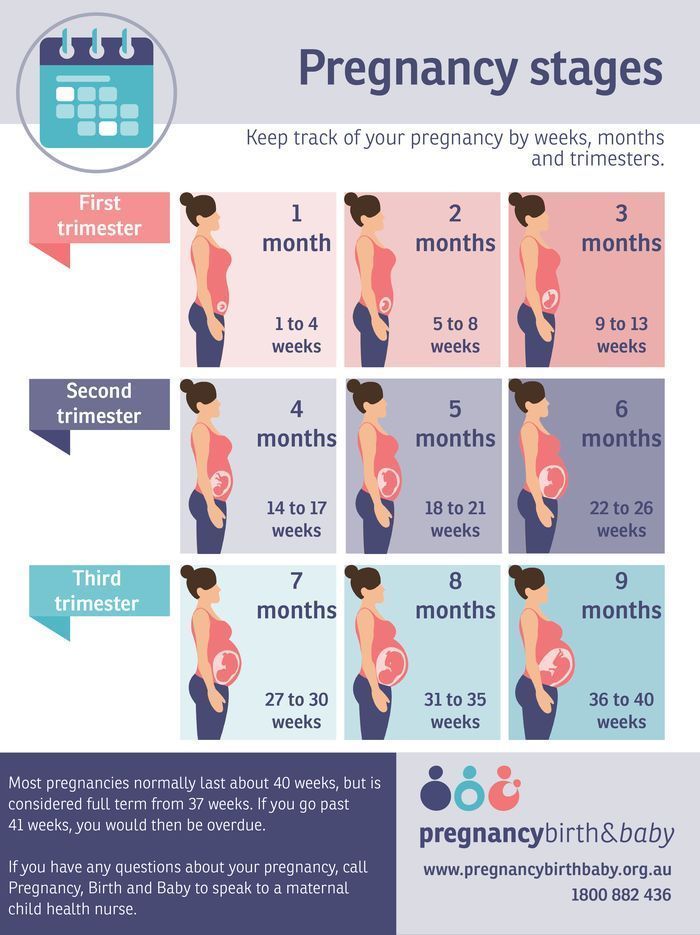
-
If you did not plan to become pregnant, you may experience very different feelings. Many women find it very difficult to accept the fact of an unexpected pregnancy and come to terms with their new position.
-
You may be torn apart by opposite desires - to seek advice from girlfriends who have given birth or to keep the news secret. Many women prefer not to tell anyone about their little secret until it is obvious to the rest of the world that they are pregnant.
-
You may begin to worry about whether everything is in order with your health and the development of your baby. This is a difficult time because many of the things you are going through are completely unfamiliar to you. You may even wonder how your partner is feeling or how pregnancy might affect your relationship.
-
Most likely, you are not sure whether to talk about this with family and friends.
 The first 12 weeks are full of risks, and not all pregnancies make it past this milestone. Many couples wait until the end of the 12th week, when the risk of miscarriage is reduced, and only then share the news with others.
The first 12 weeks are full of risks, and not all pregnancies make it past this milestone. Many couples wait until the end of the 12th week, when the risk of miscarriage is reduced, and only then share the news with others.
What's going on with the baby this week
-
It is already the size of an orange seed and can only be seen with an ultrasound.
-
Your baby looks like a tadpole and already has a primitive heart that has begun to beat and supplies blood to a small body. Although the chambers have not yet formed in the heart, it does its job perfectly.
-
Sometimes you can see the baby's heartbeat on ultrasound. At this stage, transvaginal ultrasound gives more accurate results than the classic one through the abdominal wall.
-
Your baby's brain and spinal cord are forming. While they are still outside the body, in due time they will move to where they should be.


